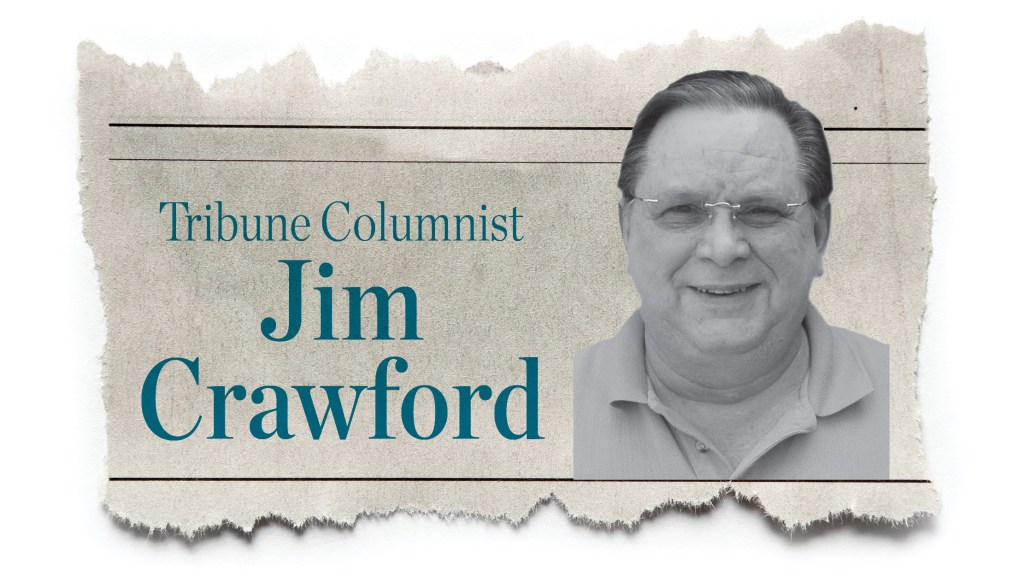Jim Crawford: Congress against Americans
Published 12:00 am Monday, September 20, 2021
You might want to believe that when we elect our fellow citizens to Congress to represent us, they would put the public interest first always.
This week, the House Energy and Commerce Committee proved that belief wrong by rejecting a bill to allow Medicare to negotiate the price of prescription drugs. The vote was 29-29 with three Democrats and all Republicans voting against the American people and keeping our drug prices out of reach for many Americans.
One example should explain why their votes hurt every American.
Trending
Humira is a drug used to reduce the constant pain of rheumatoid arthritis, among other uses. But the drug is priced so high that many Americans cannot afford it, at $2,669 each injection.
In the United Kingdom the price is $1,326; in Switzerland, the price is $822. Today, and since a law passed in 2003 during the Bush presidency, Medicare may not refuse to offer any drug approved by the FDA, at any price set by the pharmaceutical manufacturer, regardless of its benefit (other than safety).
Consequently, Americans pay far more for their prescriptions than anywhere on the planet, 40 percent more than our neighbors in Canada.
But not only are our drug prices two-six times higher than every other nation, taxpayers subsidize drug research through the National Institutes of Health and give the successful research results to for-profit drug companies to refine, manufacture and sell at markups that can reach 1,000 percent.
And this “gifting” is not rare in the least. Between 2010 and 2016, 210 new first-in-class drugs came onto the U.S. market, with eighty-four of those products research-funded by the NIH with a cost to taxpayers of $100 billion dollars.
And the House committee refused a bill that would simply allow Medicare to negotiate drug prices. The Veterans Association, by contrast, pays about 40 percent less than Medicare for the identical drugs because they have negotiated better pricing. Passage of the bill would have flattened every American’s ongoing prescription costs and likely reduced those costs for many Americans, some of whom cannot afford their prescriptions now.
Trending
The history of this exceptional approach to pharmaceutical pricing in America began with the passage of a law in 2003 under the most unusual of circumstances. At that time, this same House committee was chaired by a Democrat turned Republican from Louisiana, Billy Tauzin. Tauzin, who left Congress after that term, was to become the president and CEO of the Pharmaceutical Research and Manufacturers of America (PhRMA) at an increase in salary from $162,000 to $2 million.
But before taking on his new job Billy successfully got Medicare Part D passed into law, a bill at least one member of Congress at that time, Walter Jones, R-North Carolina, claimed, “… pharmaceutical lobbyists wrote the bill.”
Big Pharm loved the bill and loved the new law. So too did investors in Big Pharm, who continue to invest in products that market at prices entirely free of their costs, costs supplemented often by taxpayers. These products generate profits that are patent protected and may or may not be superior to less expensive products in the marketplace of monopolies. It is a good business model for everyone but Americans who pay for the whole deal.
Supporters of this ongoing gouging machine argue that if Medicare could negotiate prices or products efficacy then pharmaceutical companies might make less profit and thereby invest less in new products that benefit Americans and the rest of the world.
Tauzin was paid $11.2 million by PhRMA in his last year of employment in 2010.
Jim Crawford is a retired educator, political enthusiast and award-winning columnist living here
in the Tri-State.






